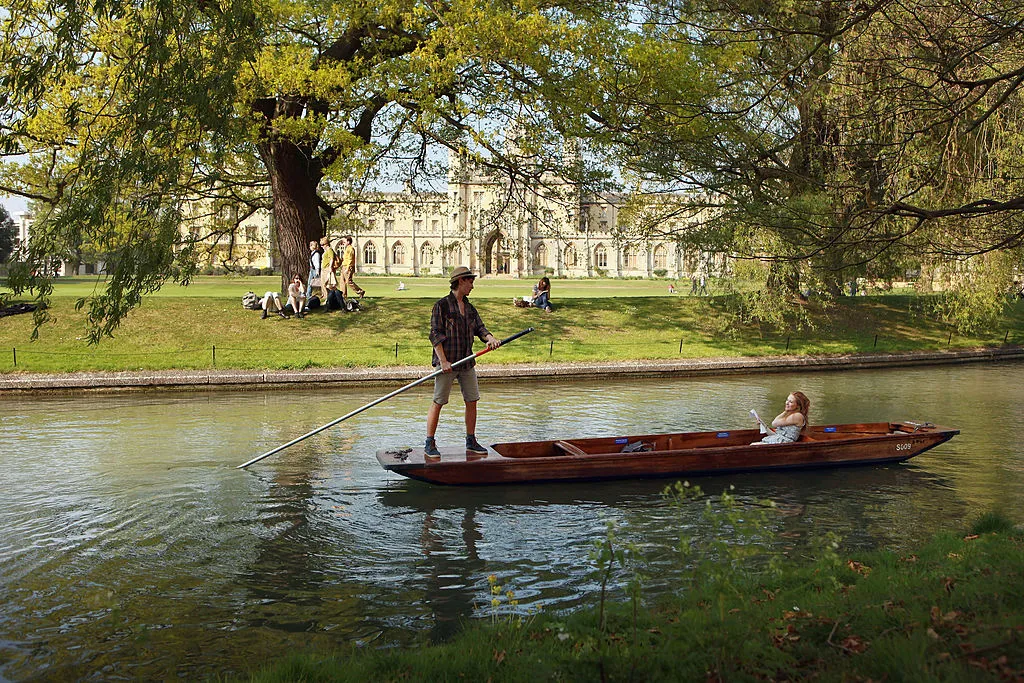In the mid-1980s, near the end of his life, Raymond Williams tried to sum up what the countryside meant to him in his last novel he wrote, People of The Black Mountains.
Who is Raymond Williams?
For decades, Williams had been one of Britain’s most celebrated critics of literature and culture, but in semi-retirement he returned to the rolling Welsh borders where he grew up, buying a cottage in Craswall on the edge of the Black Mountains. Here he’d take his wife Joy and daughter Merryn on long walks, a flat cap on his head, retracing his past. But he was not sentimental about nature. Those hills were “black, a cellular black, under storm cloud,” he wrote; “a pitted honeycomb of darkness within darkness.”
In his literary and academic writing, Williams pioneered the idea that the countryside was beautiful, but cruel for the working classes into which he was born. He joined the Communist Party in his teens, and although his membership lapsed in the 1940s, the idea of injustice by the ruling classes had settled in his bones, moulding his left-leaning political foundations.
Williams was born in the village of Pandy, Monmouthshire in 1921, in a rural world changing irrevocably. With industrialisation, many had left the fields for the mines and factories. And as mass education improved, social mobility took people away from their roots, something Williams was one of the first to chronicle.
Williams pioneered the idea that the countryside was beautiful, but cruel for the working classes.
Jude Rogers, journalist
From a young age, Williams knew he was different. He spent his childhood on the land, helping farmers with the harvest, but he also loved learning, and was brilliant at it. In 1939, he left Wales for Cambridge University and began his academic career.

In 1940, Williams enlisted in the British Army and ended up in the Guards Armoured Division, where he took part in the invasion of Normandy and the liberation of Belgium and the Netherlands. After the war, he resumed his academic career, becoming first an adult education tutor at the University of Oxford and, from 1961, professor of modern drama at Cambridge.
The novels that changed his career
In 1958, his book Culture and Society made him a literary sensation. This radical change in status brought guilt. His 1960 debut novel Border Country is a disguised biography of sorts, telling the story of an academic who returns to the village when his railway worker father is dying (his father Harry worked on the Abergavenny to Hereford line).
Williams’ 1973 book The Country and The City tore apart romanticised depictions of rural life in literature. He debunked notions of the ‘golden age’ championed by the writers JB Priestley and HV Morton, and dismissed all nostalgia for primitive living. What were the historic alternatives to modern plumbing, working cars, painkillers, contraceptives and canned food? “Dirty water, a four-mile walk each way to work, headaches, broken women, hunger,” he wrote.
In many ways, Williams remained true to his roots. It is right that he returned to the landscape of his birth, spending his last years travelling the Black Mountains, and writing about them beautifully: “At dawn, the eastern slopes can be red; pale gold and dead winter bracken, against the white of snow”. His deep respect for the land permeated his work in full colour, and is all there in his books for us to explore.
